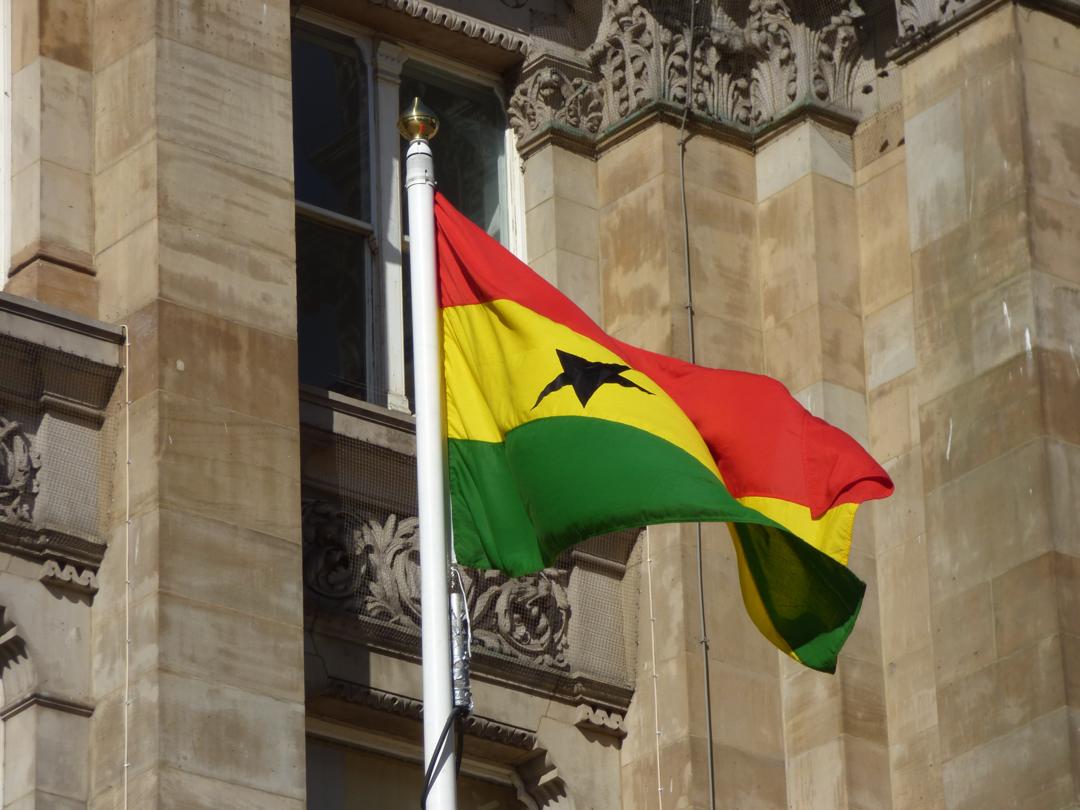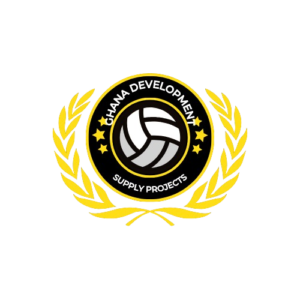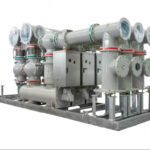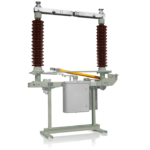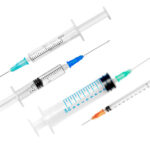The Ghana Development Supply Project (GDSP) was originally established in 2014 as a centralized procurement agency for the Government of Ghana. To carry out the responsibility of Government Supply Order, provide Legal and institutional framework and Professional Capacity for public procurement. Some of the sectors that we contract companies for procurements includes; Peace & Security, Political Affairs, Infrastructure & Energy, Social Development Affairs, Women, Gender & Development, Tender Verification and Processing, Trade & Industry, Rural Economy & Agriculture, Legal Affairs, Human Resources, Science & Technology.
Infrastructure development is a key driver for progress across the African continent and a critical enabler for sustainable and socially inclusive growth. The Program for Infrastructure Development (PIDA) provides the strategic framework for priority projects to transform Africa through the construction of modern infrastructure into an interconnected, Provision of Standard Health System and integrated continent that is competitive domestically and in the global economy.
The main objective of the Project Financing Summit (PFS) which took place in July 2020 was to mobilize key stakeholders to accelerate the implementation of PIDA. These stakeholders include lead government agencies, DFIs, private equity investors, infrastructure funds, commercial banks, pension funds, and insurance companies. The financiers have one goal in common which is a desire to identify and fund well prepared bankable projects in line with the growing investor appetite for infrastructure assets in Ghana.
One way to expand the pipeline of bankable projects is to select a number of representative projects and begin to work systematically with the national health care system, Regional Economic Communities (RECs) and financing partners to drive project implementation through the project preparation cycle. In this regard, the DFS pilots this approach by selecting 16 strategic and regionally balanced projects from the PIDA priority action plan (PAP), which are at different stages of the project development cycle.
We remain committed in supporting Ghana’s year-2030 Vision by accelerating building infrastructure projects, and supporting the economic development and continued prosperity of our country. Ghana Development Supply Projects is focused on making development projects in Ghana easier and more efficient. We believe Ghana can become a global benchmark for ethical and effective tendering practices, because together, we can build a better Ghana.


